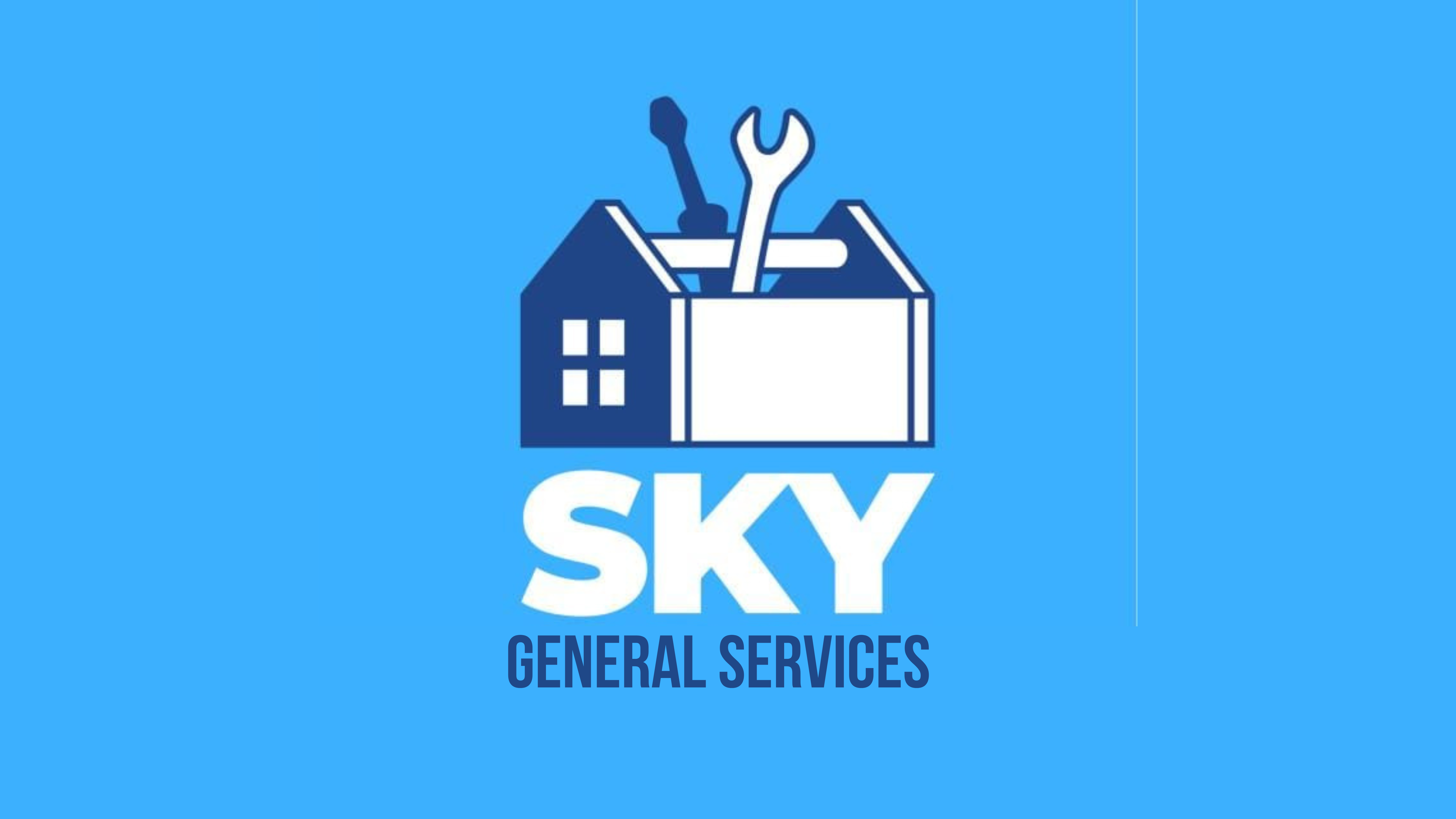Understanding Remodeling Project Management
Índice
- Understanding Remodeling Project Management
- The Role of a Remodeling Project Manager
- Key Components of Remodeling Project Management
- Importance of Budgeting in Remodeling Projects
- Timeline Development for Renovation Projects
- Material Selection and Its Impact
- Managing Contractor Relationships
- Quality Control and Inspections
- Finalizing the Remodeling Project
Remodeling project management refers to the comprehensive process of planning, executing, and overseeing a renovation project. It involves coordinating various elements such as budget, timelines, materials, and labor to ensure the successful completion of home improvement tasks. Homeowners and real estate investors alike benefit from understanding this concept, as it directly influences the quality and efficiency of their renovation endeavors.
The Role of a Remodeling Project Manager
A remodeling project manager plays a crucial role in ensuring that all aspects of the renovation are handled professionally. This individual acts as the point of contact between homeowners and contractors, facilitating communication and resolving any issues that may arise during the project. Their expertise enables them to anticipate potential challenges, thereby minimizing delays and cost overruns that can negatively impact the renovation process.
Key Components of Remodeling Project Management
Successful remodeling project management involves several key components. These include defining the project scope, creating a detailed timeline, and establishing a budget that accounts for all necessary expenditures. Additionally, selecting the right materials and contractors is essential, as these decisions significantly influence the overall outcome of the project. Each of these components must be carefully considered to achieve a successful renovation.
Importance of Budgeting in Remodeling Projects
Budgeting is a fundamental aspect of remodeling project management. A well-planned budget helps homeowners avoid unexpected financial burdens and allows for more effective resource allocation. It is important to account for all costs, including materials, labor, permits, and potential contingencies. By maintaining a strict budget, homeowners can ensure that their remodeling projects remain financially viable and are completed within the desired financial parameters.
Timeline Development for Renovation Projects
Establishing a realistic timeline is paramount in remodeling project management. A detailed schedule outlines the sequence of tasks, deadlines, and milestones that need to be met throughout the renovation process. This timeline helps to track progress and ensures that all parties involved are aware of their responsibilities. A well-structured timeline also enhances communication and coordination among contractors, suppliers, and homeowners.
Transform Your Home with Expert Renovation Services
Upgrade your home with professional siding repair, painting, deck renovation, kitchen, and bathroom remodeling. Quality craftsmanship for lasting beauty and value. Get your free quote today!
Get a Free EstimateMaterial Selection and Its Impact
Choosing the right materials is vital in any remodeling project. The materials selected can significantly affect both the aesthetic appeal and the durability of the renovation. A knowledgeable project manager can provide valuable insights into the best materials that suit the homeowner’s budget and design preferences. This selection process also includes considering factors such as maintenance requirements and long-term sustainability.
Managing Contractor Relationships
Effective communication and relationship management with contractors is a key aspect of remodeling project management. This involves clearly defining roles and responsibilities, setting expectations, and maintaining open lines of communication throughout the project. A project manager must ensure that contractors adhere to the agreed-upon timelines and quality standards, fostering a collaborative environment that promotes successful outcomes.
Quality Control and Inspections
Quality control is an essential component of remodeling project management. Regular inspections and assessments should be conducted throughout the renovation process to ensure that work meets the required standards. This proactive approach helps identify any issues early on, allowing for timely corrections that can prevent costly repairs later. Implementing a quality control plan is crucial for maintaining high standards in home improvement projects.
Finalizing the Remodeling Project
Once the renovation work is completed, a thorough evaluation is necessary to ensure that all aspects of the project meet the homeowner’s expectations. This includes conducting final inspections, addressing any remaining issues, and ensuring that all contractual obligations have been fulfilled. A successful remodeling project management process culminates in a satisfied homeowner and a transformed living space that enhances property value.
